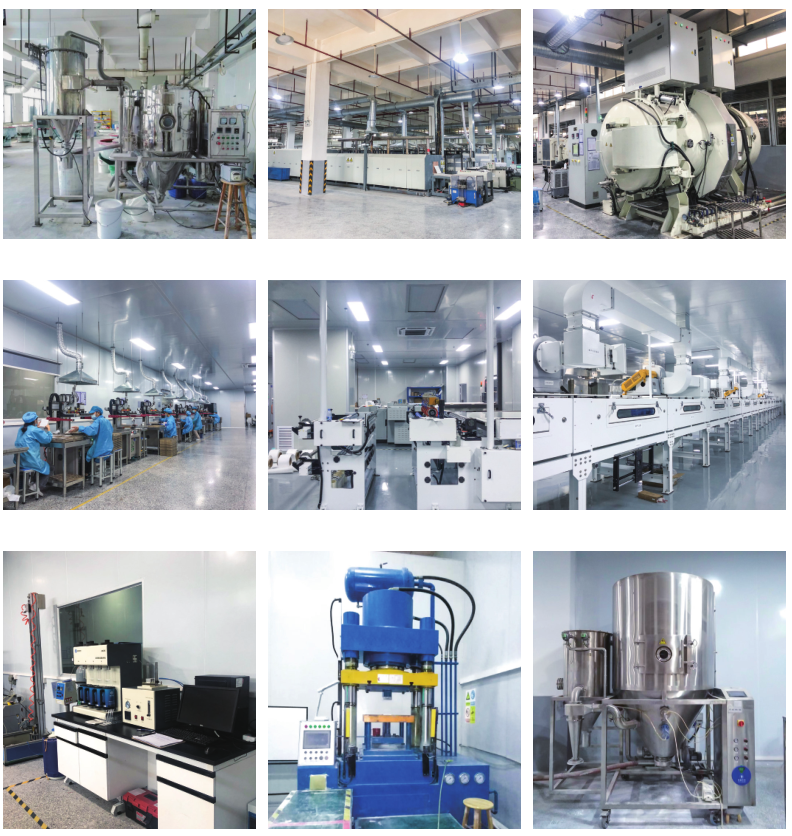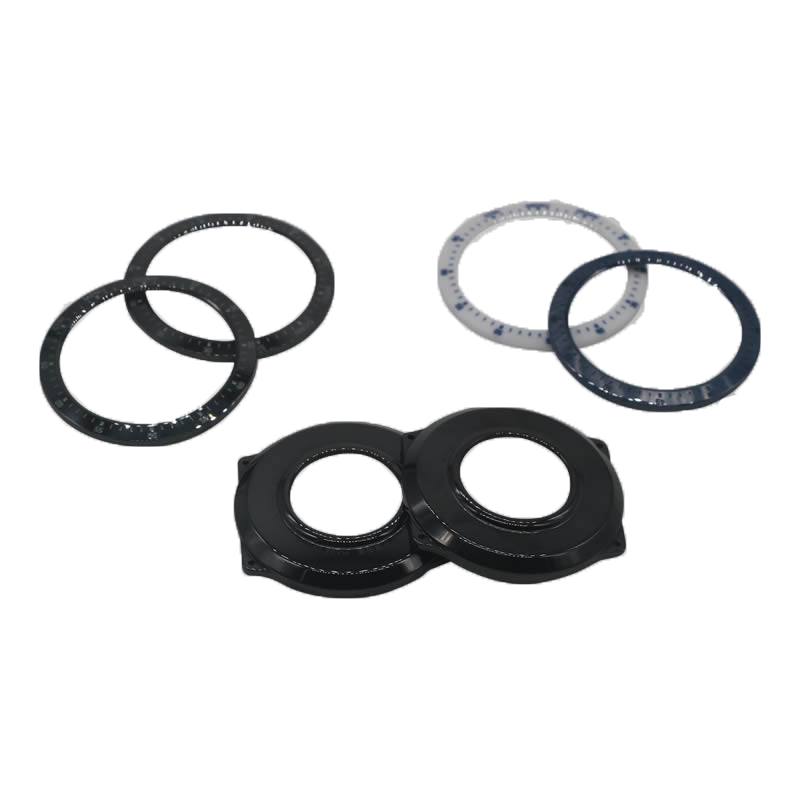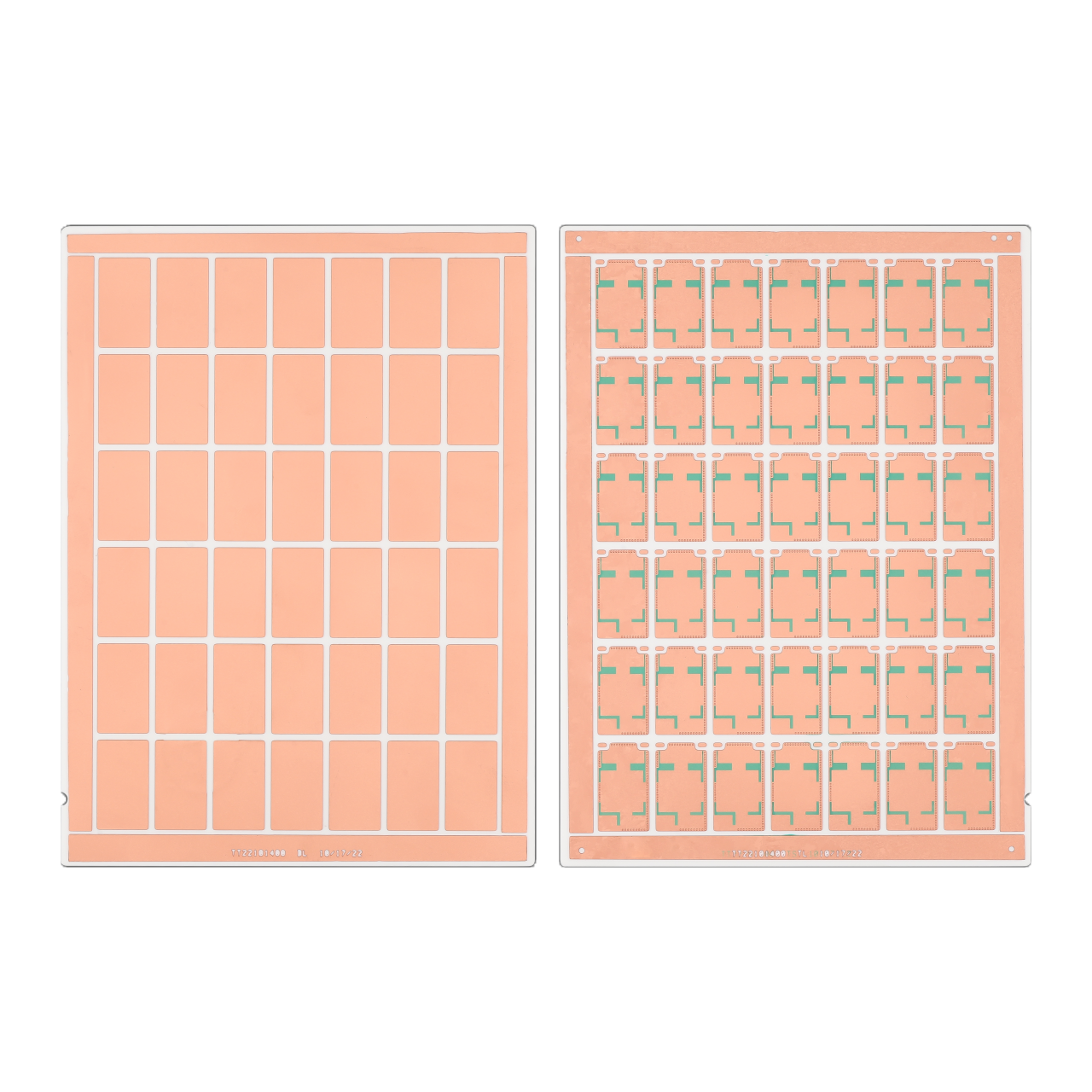Custom Ceramic Materials: The Future of High-Precision, High-Performance Solutions
Introduction
Ceramic materials, known for their excellent physical, chemical, and mechanical properties, are playing an increasingly critical role in numerous industries. From traditional electronic packaging to modern medical devices, aerospace, and automotive sectors, ceramics have become the ideal choice for many high-precision, high-performance applications due to their high hardness, wear resistance, superior electrical insulation, and thermal stability. With the growing complexity of these applications, custom ceramic materials have emerged as a solution to provide tailored, high-performance solutions for specific needs. This article explores the advantages, applications, and future trends of custom ceramic materials.
What Are Custom Ceramic Materials?
Custom ceramic materials refer to ceramics specifically tailored to meet the precise requirements of a given application. Unlike standard ceramic materials, which have fixed properties, custom ceramics can be adjusted in terms of physical attributes (such as thermal conductivity, electrical insulation, hardness, etc.), shape, size, and surface treatment to best suit particular requirements.
The customization process typically involves:
- Material Selection: Choosing the appropriate ceramic material type based on specific application needs, such as alumina (Al₂O₃), aluminum nitride (AlN), silicon nitride (Si₃N₄), zirconia (ZrO₂), and more.
- Size and Shape: Utilizing precision processing technologies to create the required dimensions, shapes, and surface finishes.
- Performance Adjustment: Optimizing the material’s properties for thermal conductivity, electrical insulation, corrosion resistance, and other factors based on the application.
Advantages of Custom Ceramic Materials
- Meeting Specific Application Needs
Every industry and product has unique requirements. Custom ceramic materials can be designed to meet the particular demands of working environments (such as temperature, humidity, pressure) and specific functionalities (such as electrical conductivity, strength, wear resistance, etc.). For example, in the automotive industry, certain components need to have extremely high thermal resistance, while in the medical industry, biocompatibility may be the priority. - Enhanced Performance
Custom ceramics can be optimized for superior performance, maximizing properties like thermal stability, wear resistance, and strength. By tailoring the material composition and processing, ceramic materials can provide the best possible performance and reliability for a given application. - Improved Production Efficiency and Cost Reduction
Custom ceramics can precisely meet the design and functional requirements, reducing unnecessary processing steps and material waste. By selecting the most suitable ceramic material for the application in advance, companies can optimize their manufacturing processes, leading to increased efficiency and lower costs. - Innovative Designs and Personalized Solutions
As industrial design and functional requirements continuously evolve, standard ceramic materials may no longer meet the needs of modern technology. Custom ceramic materials not only offer more innovative design possibilities but also allow for unique shapes, sizes, and properties to meet specialized needs, fueling technological innovation and product diversification.
- Meeting Specific Application Needs
Applications of Custom Ceramic Materials
- Electronics and Semiconductors
Custom ceramic materials are extensively used in electronics and semiconductor industries, particularly in power electronics, LED packaging, high-frequency components, etc. High thermal conductivity and electrical insulation ceramics are used for substrates, heat sinks, and packaging materials to ensure reliable heat dissipation and electrical isolation in high-performance electronic devices. - Automotive Industry
In the automotive sector, custom ceramic materials are used in engine components, brake systems, exhaust systems, and more. For example, ceramic brake discs are popular in high-performance vehicles due to their high thermal resistance, wear resistance, and lightweight properties. Custom ceramics can be designed to optimize temperature resistance, corrosion resistance, and impact resistance based on the vehicle’s performance requirements. - Medical Devices
Custom ceramics are widely used in medical devices, particularly in applications such as artificial joints, dental materials, and biosensors. Custom ceramic materials can ensure the necessary biocompatibility, durability, and precise structures required for medical applications, meeting stringent performance and safety standards. - Aerospace and Defense
In aerospace and defense applications, custom ceramic materials are critical due to their high strength, low weight, and thermal resistance. Custom ceramics are used in engine parts, rocket nozzles, satellite components, and more. These materials must withstand extreme conditions like high temperatures, pressure, and mechanical stress, and custom ceramics help to achieve the required performance levels. - New Energy Sector
With the growing demand for clean energy, custom ceramics are increasingly being used in energy storage systems, fuel cells, and solar panels. Custom ceramic materials’ high thermal conductivity, electrical insulation, and temperature resistance make them essential for improving energy efficiency and prolonging product life in these applications.
- Electronics and Semiconductors
Future Trends of Custom Ceramic Materials
- Intelligent and Automated Manufacturing
With the advancement of artificial intelligence (AI) and big data, the manufacturing of custom ceramic materials is becoming more intelligent and automated. Using data analysis, simulations, and optimization design techniques, manufacturers can more precisely meet the requirements for ceramic material properties, improving production efficiency and precision. - Development of Environmentally Friendly Materials
As environmental regulations become stricter, the demand for sustainable materials is growing. Custom ceramics will increasingly focus on environmental sustainability by developing new eco-friendly ceramic compositions that reduce the use of harmful substances and increase recyclability. - Functionality and Versatility
In the future, custom ceramic materials will evolve to meet a broader range of applications with improved performance. The trend will shift toward multifunctional and high-performance ceramics, especially in extreme environments like high temperatures, high pressures, and corrosive conditions. The development of composite ceramic materials, combining the strengths of different ceramics, will become more prevalent to offer superior performance.
- Intelligent and Automated Manufacturing
Conclusion
Custom ceramic materials are an essential part of material science and engineering, offering tailored solutions that meet specific application needs across a wide range of industries. By optimizing performance, reducing production costs, and enabling innovative designs, custom ceramics play a pivotal role in driving technological advancements. As markets demand greater efficiency, sustainability, and performance, custom ceramic materials will continue to be at the forefront of industry innovation, enabling the development of next-generation products and solutions. With advancements in manufacturing technologies and materials science, custom ceramics will continue to unlock new possibilities and contribute to the growth of modern industries.
 GIM
GIM




